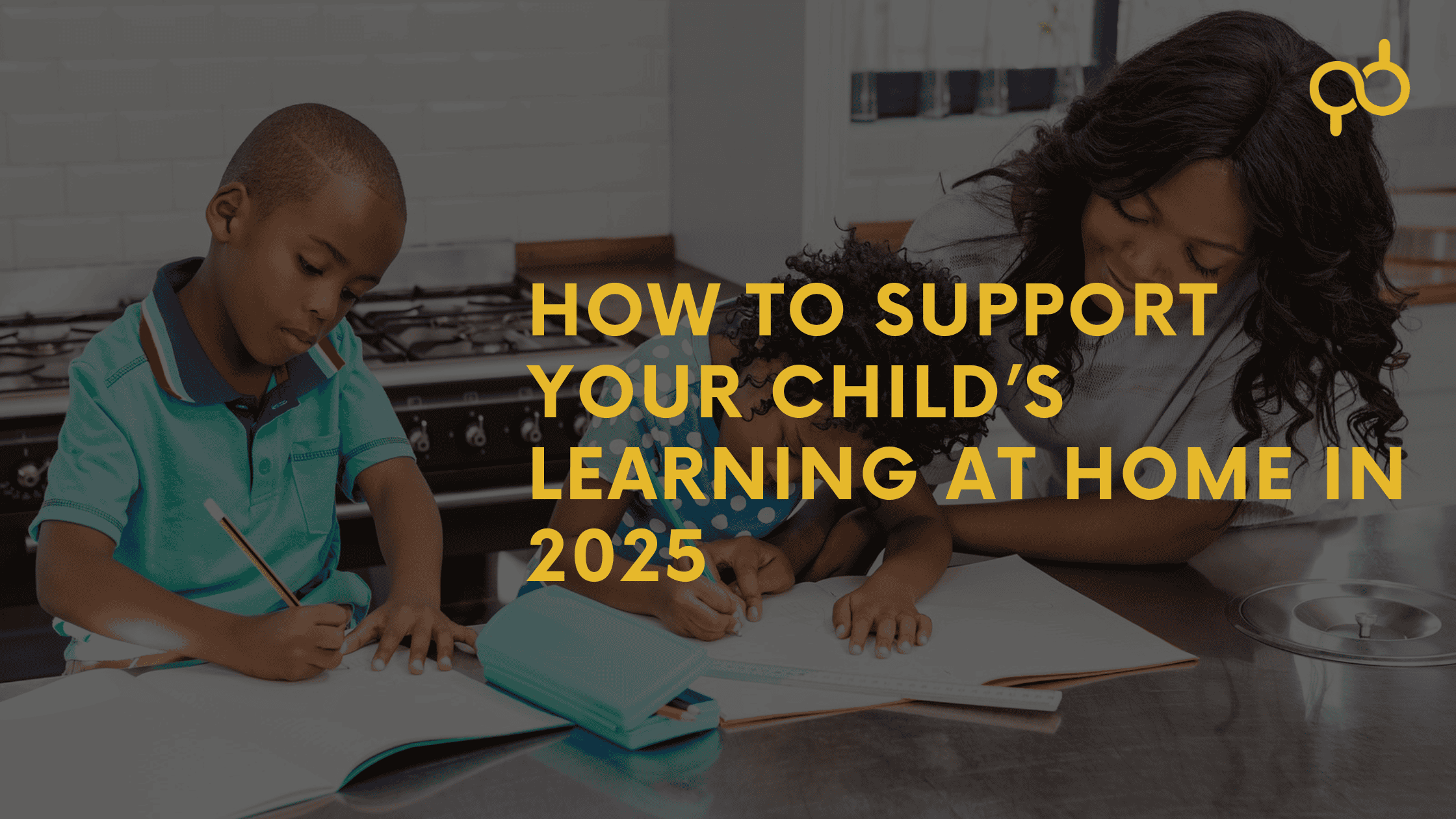In 2025, education continues to evolve with rapid advancements in technology and changes in teaching methodologies. For Nigerian parents, supporting a child’s learning at home has become more crucial than ever in ensuring academic success and overall development. With the right strategies, parents can create a conducive learning environment, bridge educational gaps, and instill a lifelong love for learning in their children.
First and foremost, establishing a STRUCTURED ROUTE is vital. Children thrive on consistency, so creating a daily schedule that balances schoolwork, leisure, and rest can significantly impact their productivity. Setting aside a specific time and quiet space for studying helps minimize distractions and fosters concentration. This routine should be flexible enough to accommodate extracurricular activities, fostering a well-rounded education.

Leveraging TECHNOLOGY is another essential aspect of supporting learning at home. In 2025, digital resources will become more accessible and varied, offering interactive learning experiences for students. Parents can utilize educational apps, e-books, and online courses tailored to the Nigerian curriculum to supplement traditional schooling. Platforms like YouTube and Khan Academy provide free tutorials on various subjects, making complex topics more understandable. However, it’s important to monitor screen time and ensure that technology is used for productive purposes.
Encouraging a READING CULTURE at home is one of the most effective ways to enhance a child’s cognitive abilities and academic performance. Nigerian parents can introduce their children to a diverse range of books, from African literature to global classics, to broaden their perspectives and improve language skills. Reading together as a family, discussing stories, and encouraging children to summarize what they read fosters comprehension and critical thinking skills.
READ MORE: Screen Time: When Is It Too Much For Kids?
Active PARENTAL INVOLVEMENT is key to a child’s educational success. Regularly communicating with teachers to understand academic expectations and areas where the child needs support can make a difference. Attending parent-teacher meetings, volunteering for school activities, and joining parent groups helps parents stay informed and engaged in their child’s education. Additionally, helping with homework, without taking over the task, teaches responsibility and independence.

EMOTIONAL SUPPORT is equally important in nurturing a child’s learning journey. The pressures of academic performance can be overwhelming, leading to stress and anxiety. Creating an open environment where children feel comfortable discussing their struggles enables parents to provide guidance and encouragement. Celebrating achievements, no matter how small boosts self-esteem and motivates continuous improvement.
Lastly, fostering SOCIAL SKILLS is crucial in preparing children for future challenges. Encouraging participation in group activities, community service, and leadership roles helps build confidence, teamwork, and empathy. These skills are invaluable in today’s collaborative world and contribute to personal and professional success.
Supporting a child’s learning at home in 2025 requires a multifaceted approach that combines structure, technology, reading, parental involvement, emotional support, cultural education, and social skill development. By taking an active role in their children’s education, Nigerian parents can provide the foundation for lifelong learning, resilience, and success in an ever-evolving world.
